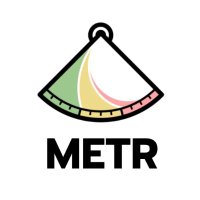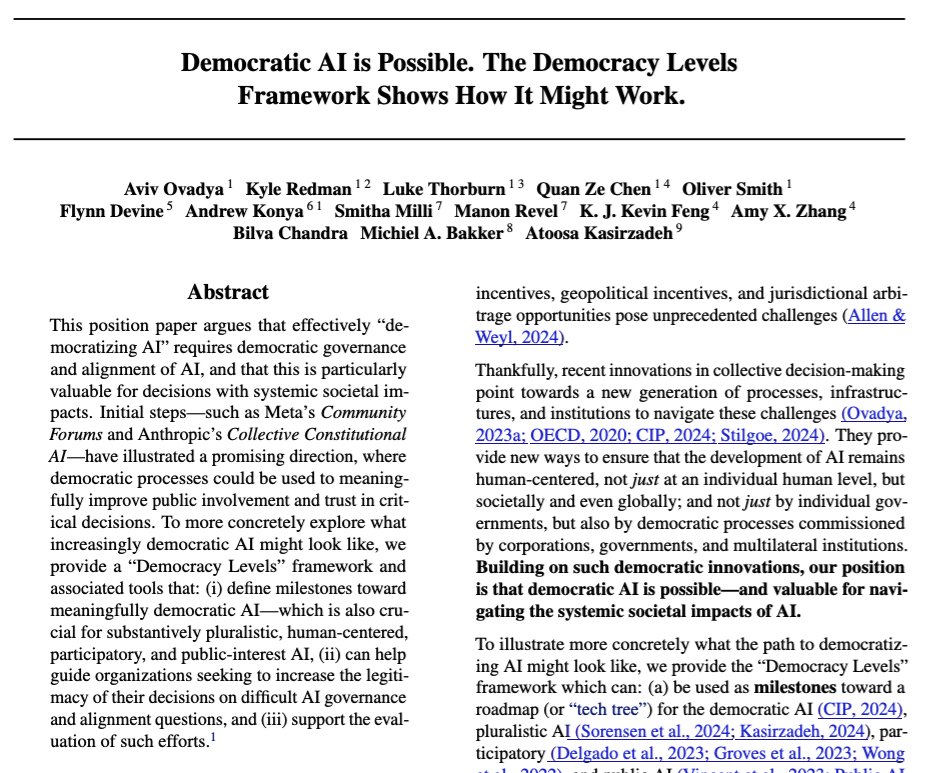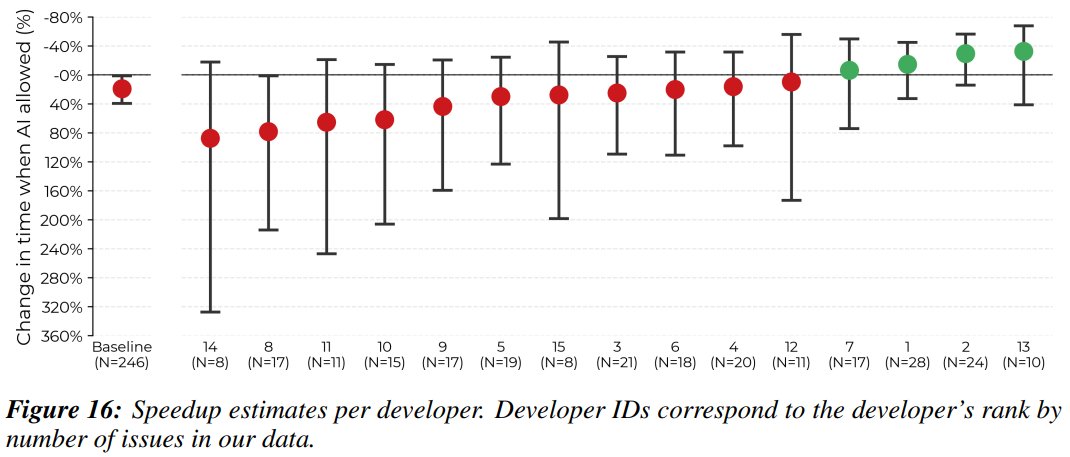
Kevin Feng
@kjfeng_
PhD student @hcdeUW @SocFuturesLab; social computing & human-AI interaction; prev @allen_ai @MSFTResearch @PrincetonCITP @PrincetonCS; also kjfeng.me on 🦋
ID: 1007908570543902720
http://kjfeng.me 16-06-2018 08:51:44
269 Tweet
542 Followers
420 Following


Excited to release my first lead project Magentic-UI at Microsoft Research, an OS web agent application designed for efficient human-agent interaction. CUA agents are cool but they're not so useful yet, Magentic-UI helps us study how to get value from them. github.com/microsoft/mage…


AI should not replace browsing, but scale it. #Orca turns the web into your canvas and personal workspace. Work across dozens of pages, delegate to AI agents by your side, and synthesize on the fly. Welcome to 𝗕𝗿𝗼𝘄𝘀𝗶𝗻𝗴 𝗮𝘁 𝗦𝗰𝗮𝗹𝗲 hci.ucsd.edu/orca w/Haijun Xia




How can we foster meaningful cooperation between the US & China on AI risks? In our #FAccT2025 paper, led by Saad Siddiqui, we review 40+ documents from the 🇺🇸 & 🇨🇳 to identify areas of common ground and provide recommendations for future bilateral dialogues (🔗in next tweet).







Good paper by Kevin Feng differentiating agency (capacity to act) and autonomy (range of actions an agent can perform w/o user involvment), with five different levels of autonomy. arxiv.org/pdf/2506.12469 See also Iason Gabriel and Atoosa Kasirzadeh's excellent paper unpacking autonomy,













